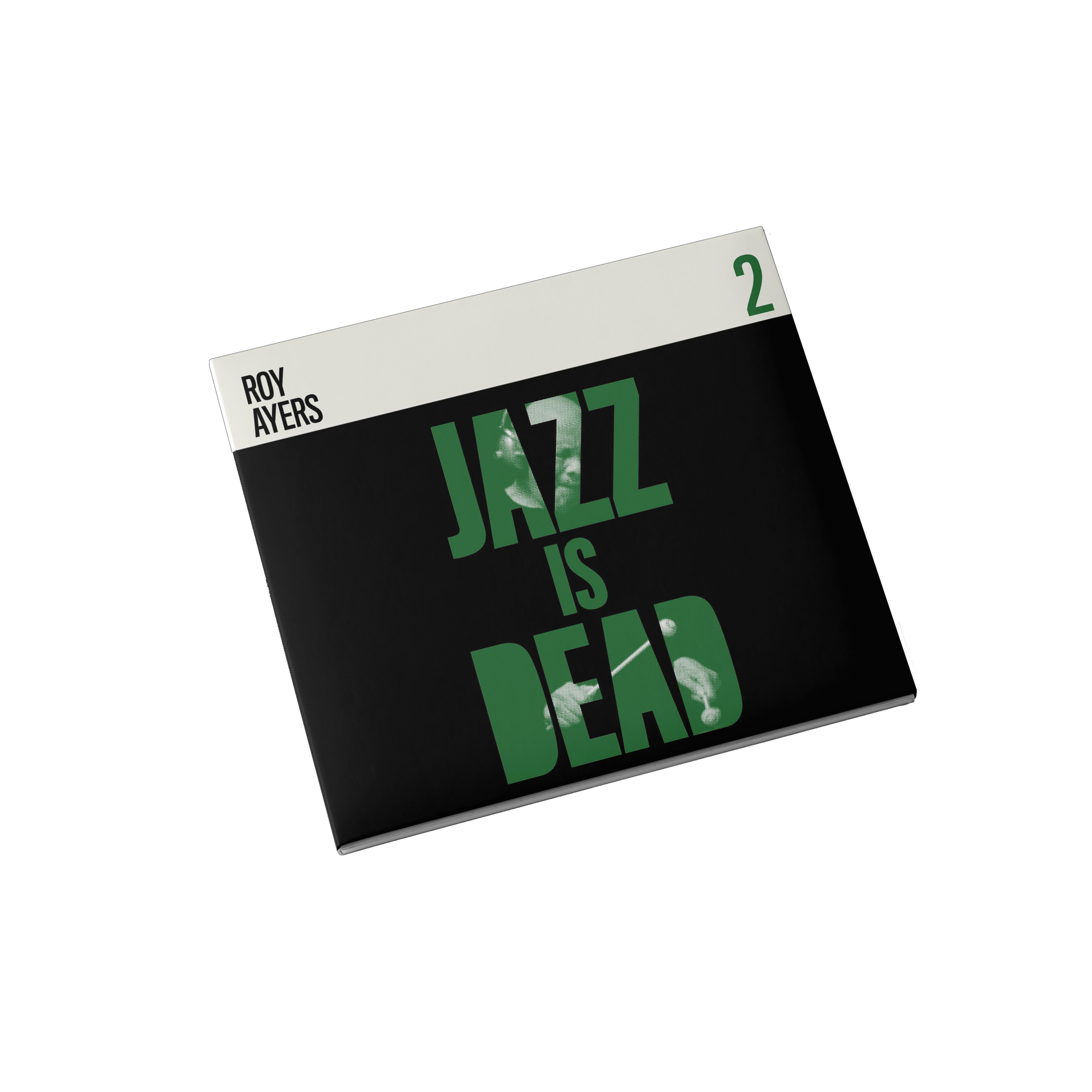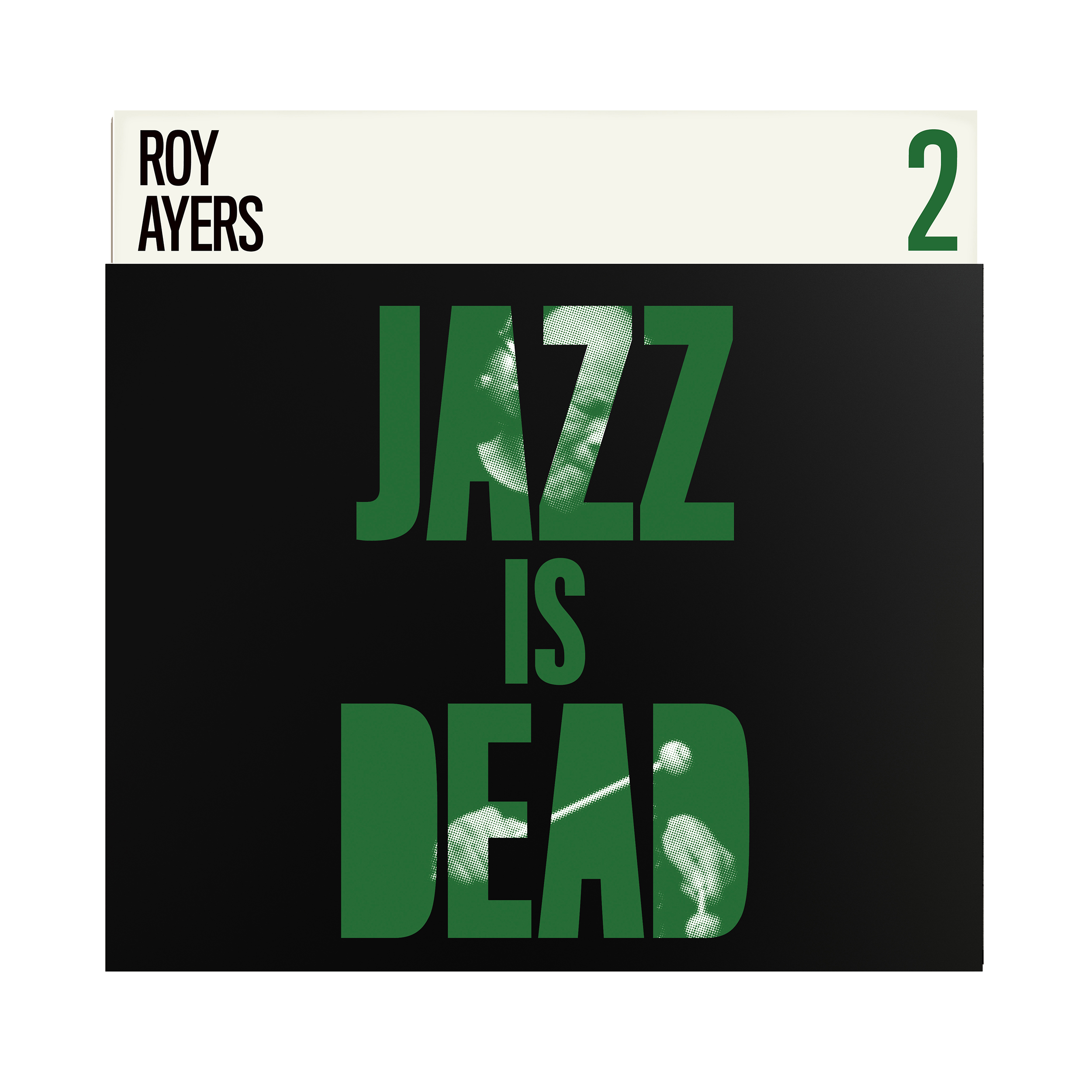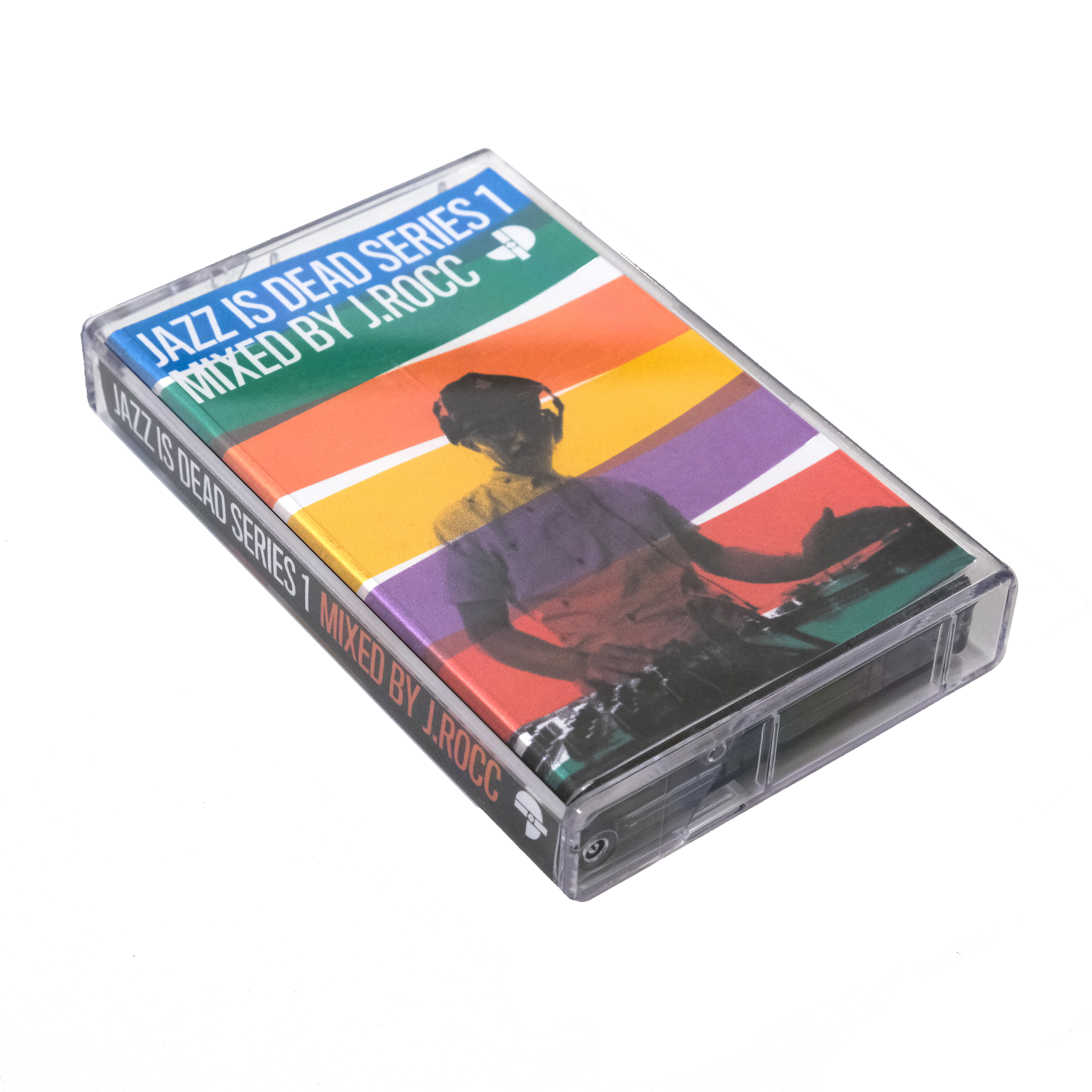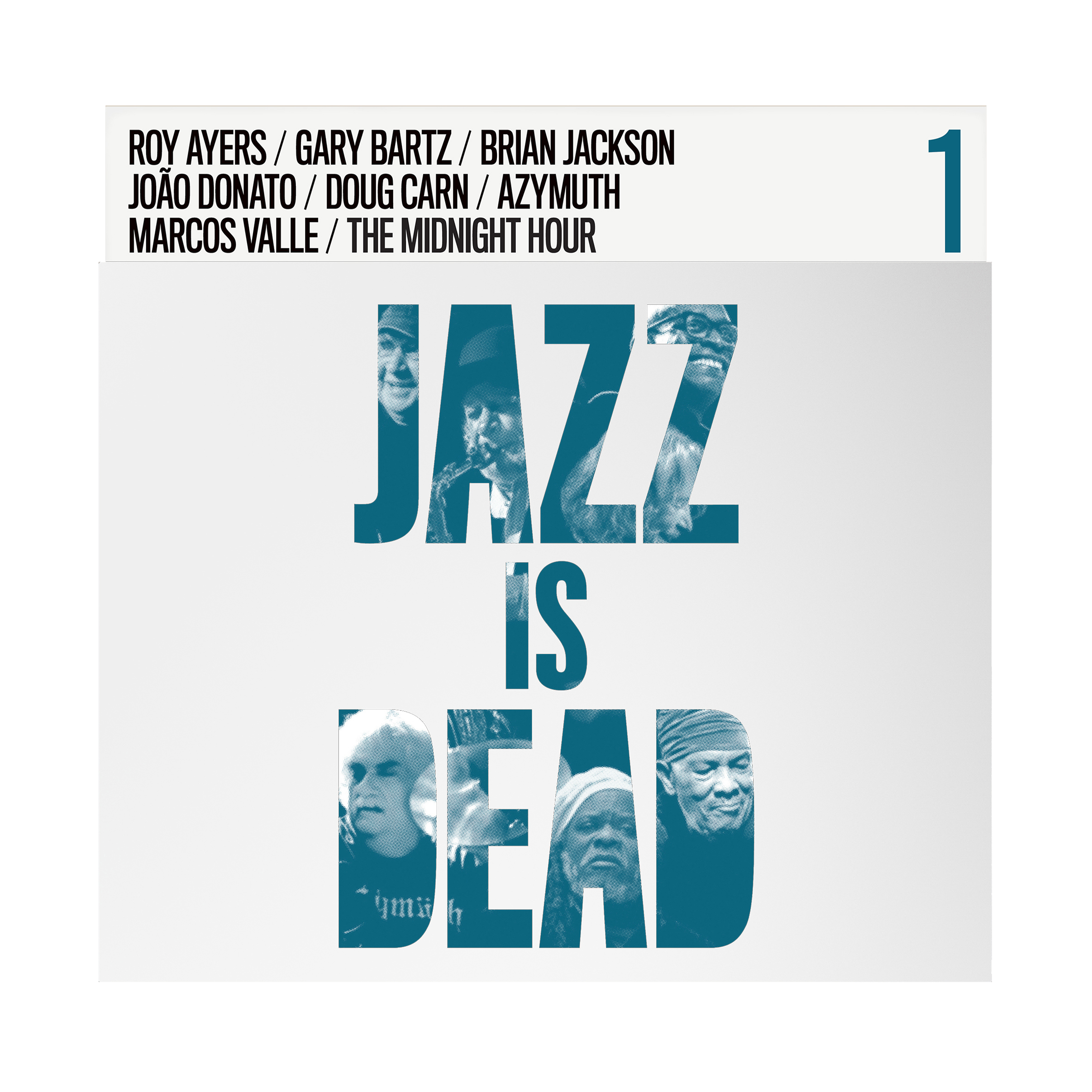ROY AYERS
With a career spanning nearly 60 years, the godfather of Neo-Soul, Roy Ayers, has inspired a multitude of artists with his jazz-oriented R&B: a fusion of post-bop and soul that canonized his place in the world of music. He’s one of the most sampled artists of all time, responsible for some of your favorite songs by A Tribe Called Quest, Mary J. Blige, Erykah Badu, Kendrick Lamar and more. His formative years came in the ‘70s, with a slew of Polydor releases including He’s Coming, Vibrations and Everybody Loves the Sunshine.

The Los Angeles bred Ayers was raised near the epicenter of the west coast jazz scene, Central Avenue. By day, a pleasant downtown for the segregated black middle class; by night, a dynamic multi-cultural thoroughfare of music, entertainment, and Black excellence. At a time when Bebop was the new wave, musicians ranging from Lionel Hampton, Charlie Parker, and Ella Fitzgerald were frequent regulars. With fast tempos, instrumental virtuosity and complex chord progressions, it was the younger generations answer to the oversaturated jazz of yesteryear.
At 17, Ayers convinced his parents to buy him a $300 vibraphone, with the goal of one day becoming a professional musician. As he progressed, he began performing with fledgling musicians like Bobby Hutcherson and Edwin Birdsong. He also played with more established artists like Chico Hamilton, Teddy Edwards, Jack Wilson, Phineas Newborn and Gerald Wilson. His persistence paid off and he found his niche as a touring vibraphonist for the flautist Herbie Mann.
Towards the end of his four-year tenure with Mann, he signed a deal with Polydor that would define his career. Slowly, he began
to forego some of his post-bop virtuosity for a prevalence in groove and R&B. Unbeknownst to Ayers, he would create a catalog, ultimately serving as the predecessor to neo-soul. This move was heavily influenced by his childhood friend and frequent co-producer, Edwin Birdsong. During these formative years, Ayers found a new purpose and reached a wider audience with soulful iterations of jazz. In ’76 he released “Searching,” and “Everybody Loves The Sunshine,” the latter serving as one of the most influential songs of his career.
It's this simple blending of soul and jazz that revolutionized a sound of music for years to come. Prior to recording Jazz Is Dead 002, he worked with Alicia Keys, Thundercat and Tyler The Creator. When asked why he still continues to record music, he had one simple answer, “For the younger generation. That’s exactly why I do it, exactly for that reason.”













